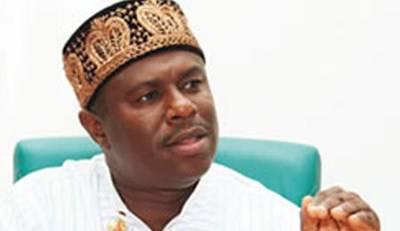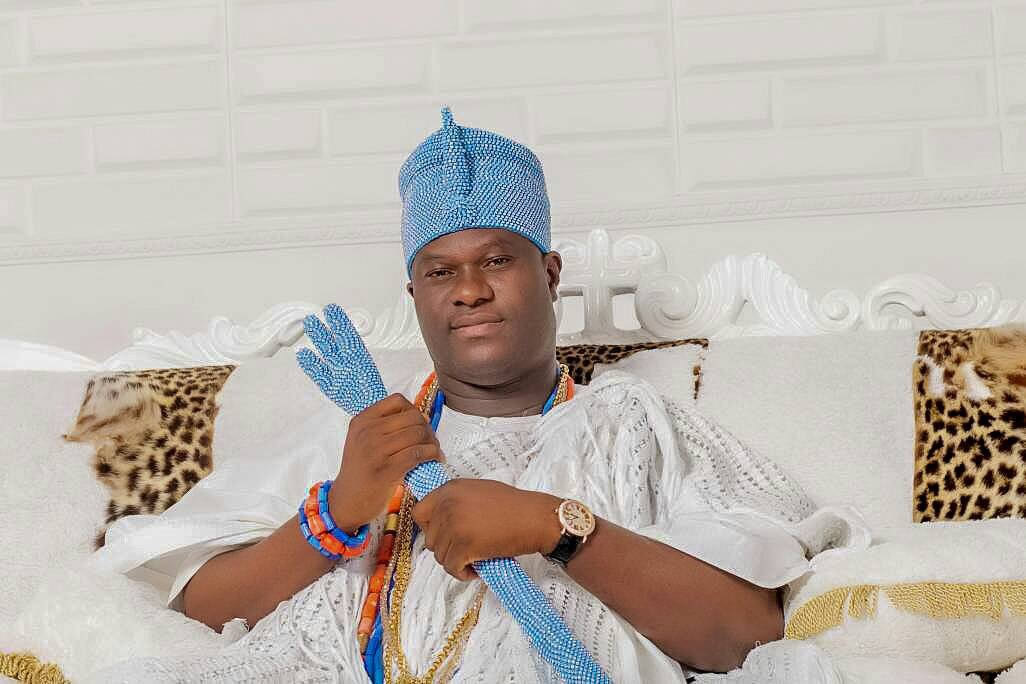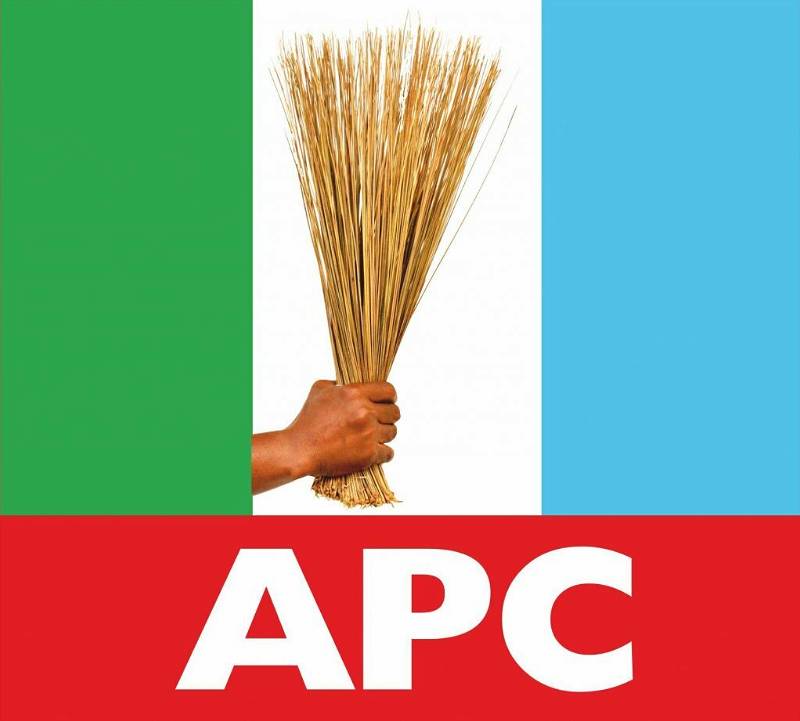The ongoing economic crisis has reached every corner of the nation, touching the rich and poor, urban and rural dwellers alike. With inflation rates climbing to about 33% as of August 2024, living costs have risen dramatically. Food prices alone have skyrocketed by more than 30%, placing a significant strain on household incomes. Families that were once able to get by are now struggling to afford necessities like food, fuel, and healthcare.
This is not a crisis we can afford to ignore.
Many Nigerians feel their government, both at the local and State levels, works against them rather than for them. Government institutions, law enforcement agencies, and tax offices are often seen as riddled with inefficiency and bribery. This makes navigating daily life even more difficult for average citizens, who must contend with constant bureaucratic hurdles. It’s the average citizen who bears the brunt of these systemic flaws.
Amid these crises, Nigeria’s democracy itself is under threat. Citizens’ faith in democracy is fast eroding. When the economic, governance, and security systems fail, the public’s ability to participate in governance and enjoy basic rights promised by democracy is severely hampered. Nowhere is this more apparent than in Rivers State, a region whose political crisis has become a significant threat to Nigerian democracy.
Despite several attempts to stabilise the situation, the crisis deepens, creating nationwide concern. Due to its oil resources and geographical location, Rivers State, one of Nigeria’s most strategic states, has become a focal point for political conflict. The State’s political turmoil has far-reaching consequences for Nigeria’s democratic health, as instability in one of the nation’s most economically significant states sends shockwaves through the broader political landscape.
Efforts by political leaders and mediators to resolve the crisis in Rivers have so far proven unsuccessful. Tensions in the State are continuously high, making it a potential battleground for violence. This situation has become so concerning that democracy advocates across Nigeria worry about the ripple effects this crisis could have nationwide. If left unresolved, the unrest in Rivers may undermine the very foundation of Nigeria’s democracy, leading to a potential outbreak of violence.
One of the key reasons this crisis poses such a grave threat is its impact on democratic institutions. The judiciary, police, and security agencies, which are meant to uphold the rule of law and protect citizens, were intensely scrutinised during the Rivers crisis. In particular, the judiciary has been accused of being politically influenced, leading to a loss of public trust in its impartiality. In Rivers, conflicting court rulings have further eroded confidence in the justice system. This manipulation of legal outcomes raises severe concerns about the future of democracy in the State and, by extension, the nation.
Similarly, the media’s role in shaping public perception and its potential impact on the crisis cannot be overlooked. The media, often accused of bias and sensationalism, can escalate or de-escalate the crisis through its coverage. Its influence on public opinion can either fuel or dampen the flames of political discord. This perception undermines the credibility of these institutions, making them seem like tools of political elites rather than defenders of public safety.
The perceived compromised stance of the Nigerian police on the Rivers crisis has increased the potential for violence, as citizens increasingly lose confidence in the capacity of police to be an impartial law enforcement institution. The general perception is that Nigerian police is an active participant in the crisis.
The effect of this crisis is not limited to Rivers State alone. It also has broader implications for the national government, particularly the legislative and executive arms. Many Nigerians are now questioning the federal government’s ability to intervene and restore order in the State. The People’s Democratic Party (PDP), Nigeria’s main opposition party, also feels the strain. Because all the key actors profess to belong to the party, the party’s inability to resolve the political turmoil in Rivers is further damaging its public image. Already viewed by many as an ineffective opposition, the PDP risks losing even more public trust as the crisis drags on. A 2023 public opinion poll showed that only 34% of Nigerians had confidence in the PDP, compared to 42% in 2021. The internal divisions within the party, exacerbated by the conflict in Rivers, threaten to fracture it further, potentially weakening Nigeria’s democratic process.
At the core of the Rivers State crisis is a fierce power struggle for control over the State’s vast resources and a vague unknown entity called ” political structure”. Unfortunately, rather than focusing on the development of the State and the welfare of its people, political actors in Rivers are more concerned with personal gain. The fierce competition for political dominance has led to violence, instability, and the neglect of the State’s economic potential. Despite being one of Nigeria’s resource-endowed states, Rivers remains underdeveloped, with inadequate infrastructure and high unemployment. In 2023, the unemployment rate in the State was estimated to be 33%, reflecting the failure of successive governments in the last ten years to translate its natural resources into tangible benefits for its citizens.
Several factors have exacerbated the crisis, including personal ego clashes between political actors, a sense of imperial entitlement among the elite, and the combative nature of political discourse in the State. Political figures in Rivers often engage in inflammatory rhetoric with little regard for diplomacy or civil discourse, which does not represent the average Rivers man who is decent and polished. This toxic communication has only deepened the divisions, making resolution more difficult. However, there are potential solutions to this crisis. Dialogue, compromise, citizens’ action and focusing on the common good can help bridge the political divide. It’s essential for all stakeholders to unite against the crisis, setting aside personal ambitions for the greater good. None of the actors should assume the role of Emperor-in-Chief of Rivers State. It would only lead to self-destruct.
Rivers’ current political crisis bears a troubling resemblance to the events in Western Nigeria during the early 1960s. Known as the “Wild Wild West” era, that period of political instability, violence, and lawlessness culminated in Nigeria’s first military coup in 1966. The crisis in Western Nigeria showed how unchecked political impunity and violence could threaten the very fabric of democracy. Many fear a similar outcome could occur in Rivers if the political actors involved do not change course. The failure to learn from history may turn Rivers State into a ticking time bomb, threatening the country’s democratic future.
Democracy thrives on institutions that remain impartial and strong, but developments in Rivers State threaten critical guardrails like security agencies and the judiciary. Security forces, particularly the police, have been accused of aligning with political factions, eroding public trust and escalating violence. Former President Goodluck Jonathan has voiced concern that the conflicting judgments issued by the judiciary on political matters are eroding confidence in the justice system. The Chief Justice of Nigeria and the National Judicial Council must step in and save the judiciary from self-destruction arising from the Rivers’ crises.
Governor Siminialayi Fubara has a duty to steer Rivers towards stability. Having been elected to govern, he is responsible for driving the development of the State and should be allowed to provide leadership. His failure to discharge that responsibility of leadership will stain his legacy. Former Governor Nyesom Wike, now the Federal Capital Territory (FCT) Minister, must focus on his new role and allow the current governor to handle Rivers’ challenges.
As history has shown, violence is not a solution to democratic issues. The burning of Local Government Area secretariats and other violent acts break the rule of law. Such actions damage the State’s reputation, set her development in reverse gear, and undermine the very foundations of democracy. Political actors must recognise that self-help and violence are counterproductive in resolving democratic challenges. The Inspector General of Police has to live above board and act in the spirit and letter of the law to protect lives and properties.
Political leaders involved in the Rivers crisis must urgently exercise restraint and responsibility. The people of Rivers deserve a break from the constant chaos and conflict that has plagued their State. Rivers’ people who bear the brunt of this crisis must rise to the occasion, foster discussions, express dissatisfaction with irresponsible politicians and demand good conduct.
As a stakeholder in Rivers’ politics and her development, speaking out is my moral duty. Silence is no longer an option in the face of such widespread destruction and lawlessness.
I refrained from commenting on the crisis for nearly a year, hoping that reason would prevail. However, it has become clear that without solid voices defending democratic values, the state risks descending further into instability. Intellectuals and other thought leaders must step forward to provide reasoned discourse and help guide the State through these turbulent times. Rivers risks sliding into anarchy without these voices, and Nigeria’s fragile democracy could be at risk.




